Keywords: Quarterly Essay
-
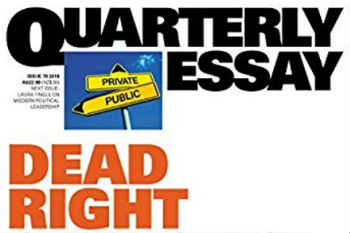
AUSTRALIA
- Andrew Hamilton
- 26 June 2018
35 Comments
Just in time to arrest ponderous musings about Western Civilisation, up jumps Denniss' cheeky funeral oration for the neoliberal settlement. His target is the assumption that an economy based on unregulated competition between individuals will benefit society. He does not spend time arguing with the theory, but points to the results.
READ MORE 
-
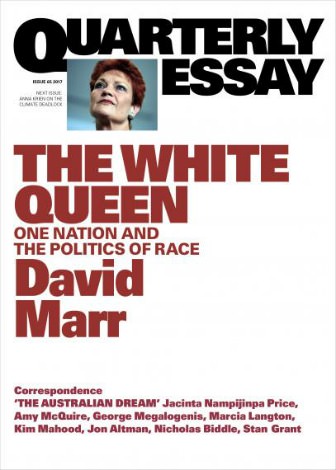
AUSTRALIA
- Irfan Yusuf
- 05 April 2017
16 Comments
Hanson doesn't pretend to be religious. Her anti-Islam agenda isn't inspired by some rightwing evangelical passion like Danny Nalliah's nor by a conservative moralistic Catholicism like Cory Bernardi's. But she clearly can feel the pulse of many in the electorate who worry about terrorism and national security. Hanson's politics really only work when there is a 'them' for 'us' to worry about. But where does she get this idea that Islam is not a religion but an ideology?
READ MORE 
-
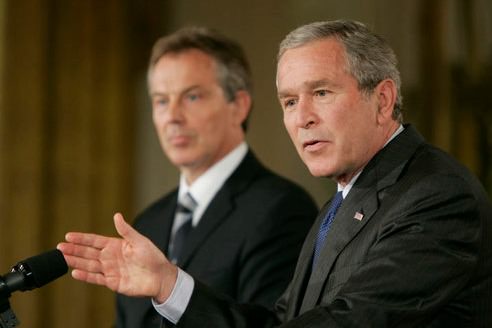
INTERNATIONAL
- Andrew Hamilton
- 10 August 2016
2 Comments
The recent Chilcot report on British participation in the Iraq War elicited embarrassing responses by British and Australian leaders and apologists of the time. Specious justifications were accompanied by a failure to take responsibility. The defects of the invasion and the moral irresponsibility of those who collaborated in it did not flow solely from its procedural inadequacies. The crudity now attributed to Donald Trump and his obiter dicta on war flourished before him among Washington insiders.
READ MORE 
-
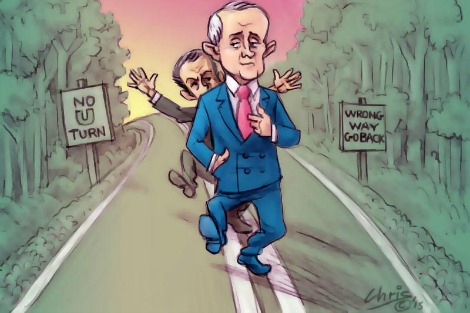
AUSTRALIA
- John Warhurst
- 05 October 2015
8 Comments
The polls are still evenly balanced and Turnbull has yet to strut his stuff in any meaningful way. So Shorten should still be the subject of the sort of scrutiny that David Marr has just given him. Marr is appalled by Shorten's path to power through the union movement, the Labor Party and the factions for what it reveals about the modus operandi of these organisations. But he is still somewhat taken with Shorten's talents. Nevertheless, he doubts that Shorten is up to the job.
READ MORE 
-

AUSTRALIA
- Jim McDermott
- 22 September 2015
3 Comments
US presidential hopeful Hillary Clinton is not just an astonishingly brilliant candidate; she is the wife of President Bill Clinton, who flamed out spectacularly in the late 1990s over revelations that he was having an affair with an intern. He has been mostly nowhere to be seen so far in the campaign, and that's undoubtedly an intentional move meant to keep that complicated, messy past out of the conversation. The past haunts Australian Opposition Leader Bill Shorten in a different but no less significant way.
READ MORE 
-
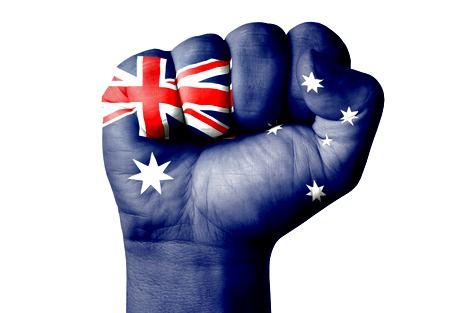
AUSTRALIA
- Andrew Hamilton
- 06 November 2014
8 Comments
In anxious times, people often think about identity in a way that is limited and excluding. But our identity is actually layered, and may include regional, religious, philosophical, professional, sports, social, racial, sexual, and more. If we isolate ourselves in homogeneous and non-interactive groups, any larger national identity we have will be brittle.
READ MORE 
-
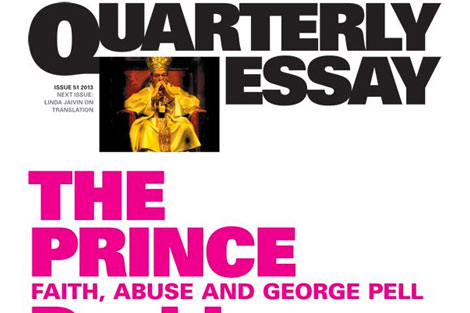
MEDIA
- Andrew Hamilton
- 26 September 2013
64 Comments
The limitations of Marr's account are the obverse of its virtues. It sifts Pell's motives and words but not those of his critics, and simplifies complexities. The details are designed to imply character. Churches are empty or full depending on the needs of the plot; Pell does not speak but booms. If a cock crows in a distant farmyard it crows for the Cardinal alone. This makes for engaging reading, but demands careful judgment.
READ MORE 
-

ARTS AND CULTURE
- Barry Gittins and Jen Vuk
- 03 May 2013
5 Comments
Casting a Victorious PM Abbott as a puppet of Pell and Howard, or a fiddler with women's rights, seems risible; Abbott is bound by social restraints after all. Nonetheless, there is something ominous in David Marr's droll observation: 'His values have never stood in his way.'
READ MORE 
-

AUSTRALIA
- Tony Smith
- 06 February 2013
11 Comments
The Labor Party's ethical problems are deep seated. Once it adopted pragmatism as its first principle, policy debates lost meaning. The ideological vacuum was filled by enslavement to poll driven politics and media images. The Left struggled to retain its influence and Labor's heart vanished. We should expect much more from our politicians.
READ MORE 
-

MEDIA
- Geoff Davies
- 07 February 2012
39 Comments
The misreporting of the Australia Day 'riot' is but one example of a growing nexus of hysteria, racism and ignorance in Australian media. It is time to rein in the increasing distortion of our social and political conversations, and require responsibility as well as freedom of speech.
READ MORE 
-
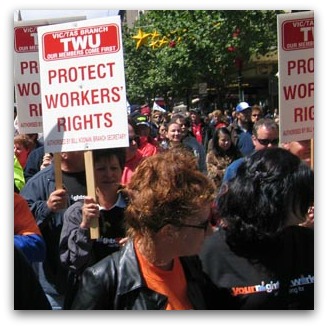
MARGARET DOOLEY AWARD
- Sarah Burnside
- 17 August 2011
8 Comments
Opponents of workplace regulation are well-resourced and powerful. In order to meet them head-on, the Government must do more than invoke the value of hard work. After all, if work automatically confers great dignity, what does it matter that conditions are unsatisfactory?
READ MORE 
-
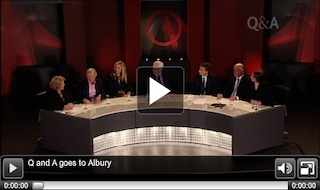
AUSTRALIA
- Rachel Baxendale
- 04 July 2011
4 Comments
Some regional Australians may be enjoying the political day in the sun of rural independents Bob Katter, Tony Windsor and Rob Oakeshott. But despite the prominence of the NBN and the Murray Darling Basin, flippancy and apathy dominate metropolitan Australia's attitude to regional and rural issues.
READ MORE 